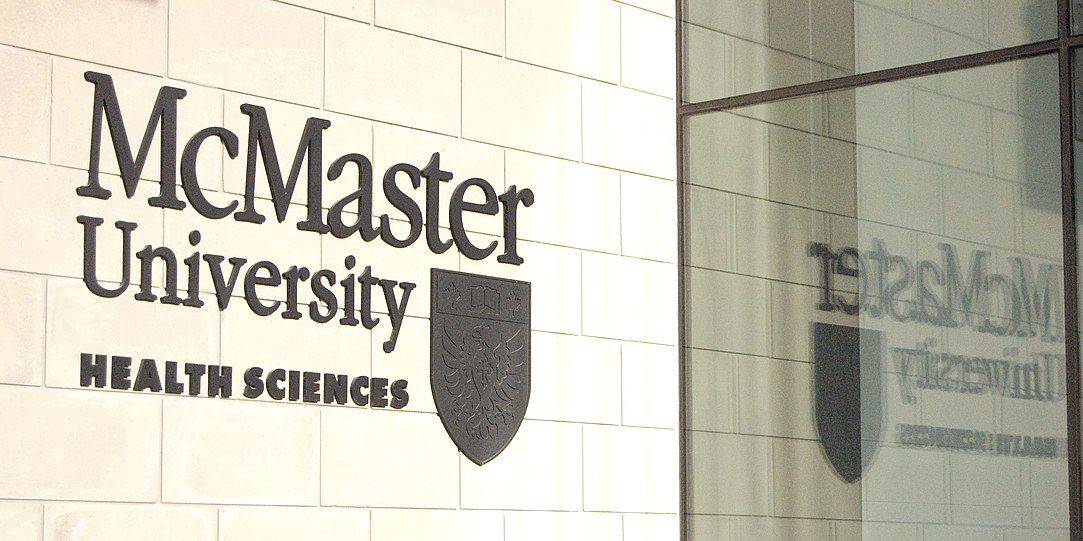Hamilton’s McMaster University opens new hub for Indigenous learning, health and wellness
Published January 21, 2022 at 11:35 am

Hamilton’s McMaster University is now home to a new hub for Indigenous learning and health science education that the school hopes will play an important role in reconciliation.
The Indigenous Health Learning Lodge (IHLL), is set to officially open its doors next Monday (Jan. 24), but due to the pandemic, the event will be held virtually.
The IHLL is an inclusive space for Indigenous faculty, staff, students and those looking to learn more about Indigenous culture, colonization, reconciliation and Indigenous health and wellness. Those using the space will have access to Traditional Knowledge Helpers and a student lounge to study and socialize.
Most importantly, the IHLL is a crucial element to the Faculty of Health Science’s (FHS) Indigenous Health Initiative.
“The enhancement of a structural presence sends an important signal regarding the faculty’s commitment to a reconciliation path forward to implement our Indigenous health education priorities,” said Bernice Downey, associate dean, Indigenous health for the faculty.
One of its first goals is to craft an Indigenous-specific curriculum for a range of FHS programs that will help students understand why Indigenous Canadians face unequal access to health care, as well as the impact of discriminatory colonial practices like forced sterilizations.
The Lodge will also play a role in advocating human rights, anti-racism and cultural safety concerning Indigenous health and well-being at McMaster as well as the community.
“There has been a huge increase in collective awareness of what’s happened to Indigenous Canadians, and many students at McMaster are interested in pursuing the conversation about making Canada a safer place for Indigenous people,” said the Lodge’s executive director Alexandra Trottier, a First Nations advocate of mixed Kanienkehaka (Mohawk) Wolf Clan and settler heritage.
“We are beginning to accrue leadership at the university that can enact future systemic change.”
Trottier, in fact, sees the Lodge’s potential in becoming a regional hub for Indigenous health and well-being in partnership with organizations in Hamilton and nearby reserves such as the Six Nations of the Grand River Territory and Mississaugas of the Credit.
“I would like to see the lodge become more prominent, as an Indigenous health program, where we have faculty of our own, rather than just folks who are cross-appointed, and are able to teach Indigenous health knowledge to people and integrate a lot more of the First Nations community in this area,” she said.
“My job is to speak truth to power, and I take that with a lot of humility and respect for the people I represent. I hope to create a better world for people, where they can be safe, secure and healthy.”
The IHLL has two Indigenous names: the Haudenosaunee name is Tsi nón:we ayakonniyóhake táhnon aonsayakota’karitehake, which means ‘The place of good life and return to health.’
The Anishinaabe name is Mino Bimaadiziwin Mishkiki Aapjishnik Gamik’ which may be translated to the concepts of the good life; medicine recovery/healing lodge.
The Lodge is located in suite 3510 of the Michael G. DeGroote Centre for Learning and Discovery at McMaster’s west Hamilton campus.
insauga's Editorial Standards and Policies advertising





